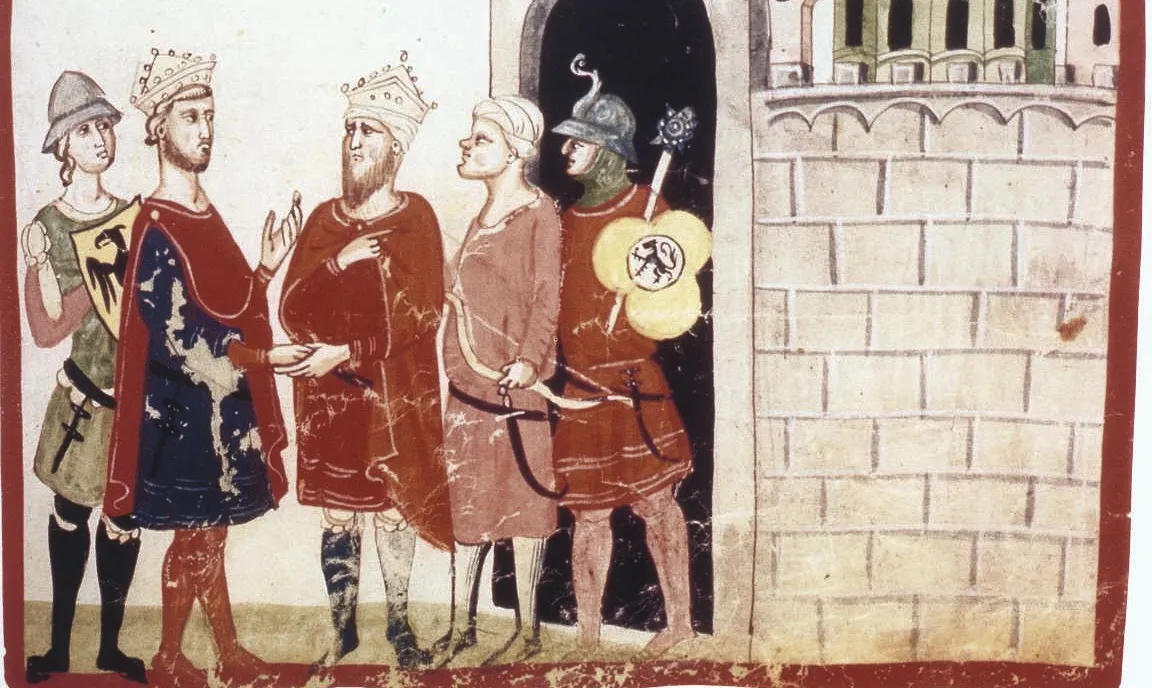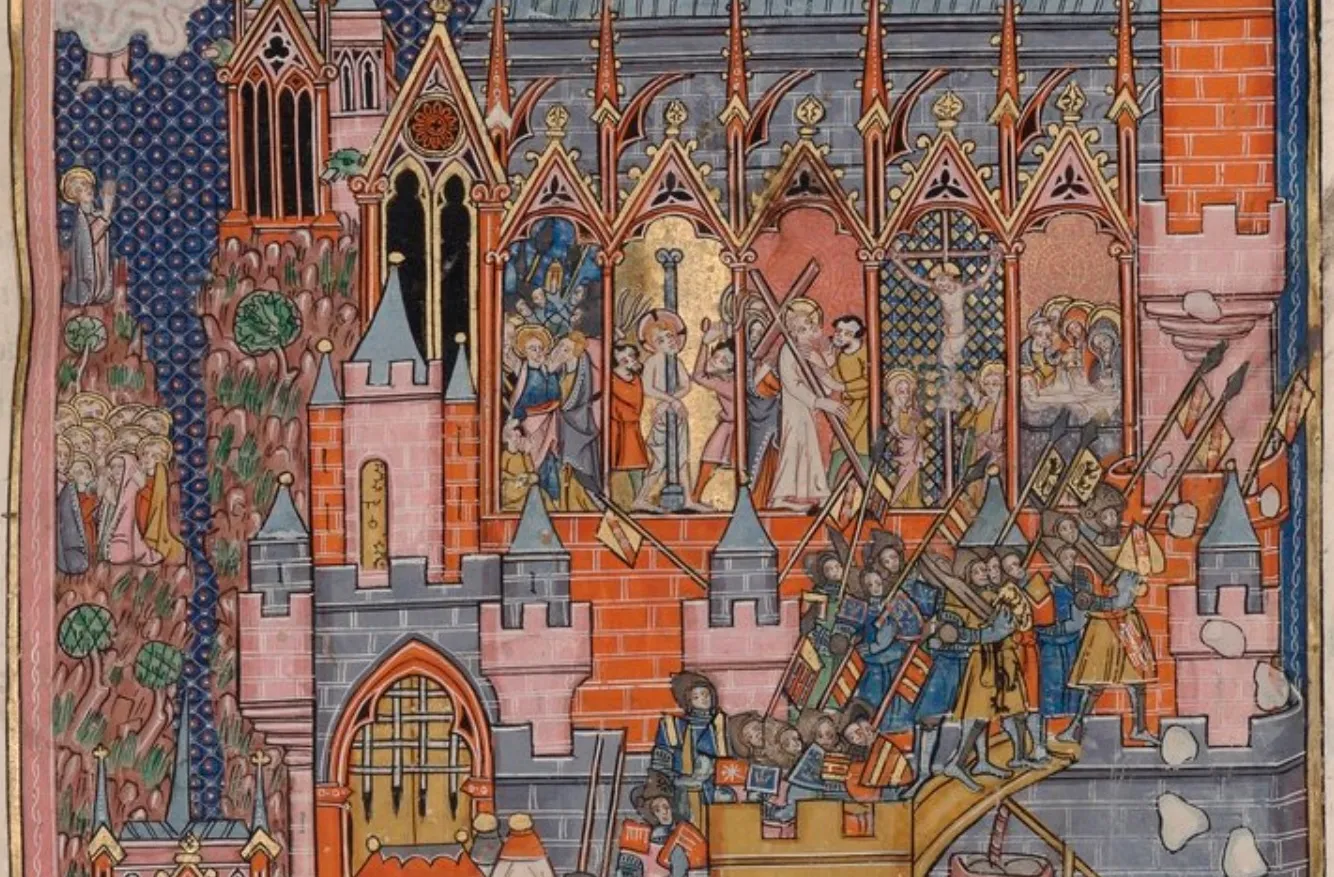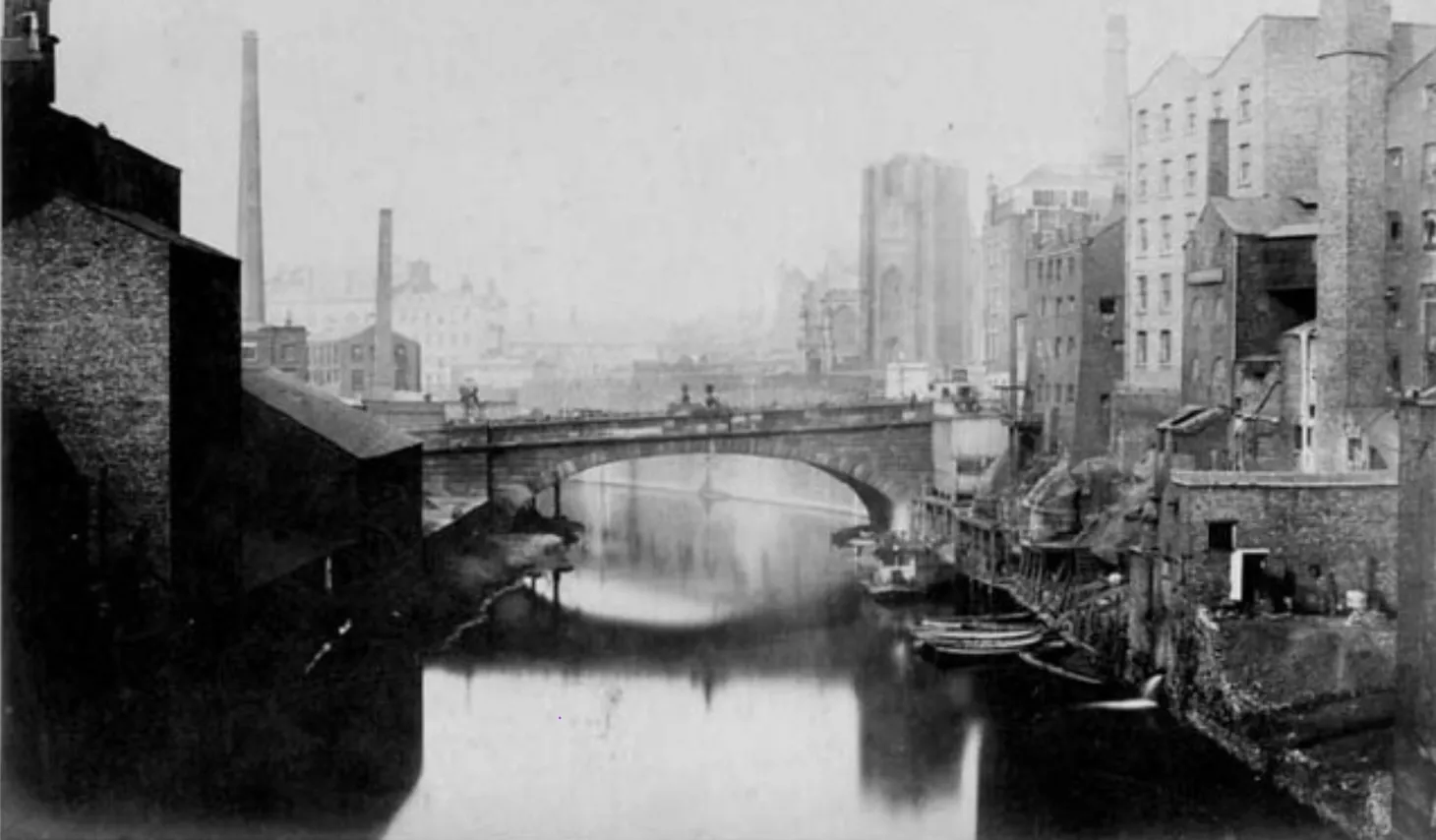“The Way They Did in Saint Domingo”: The Haitian Revolution and the Atlantic World
Discussion of how to teach the effects of the Haitian Revolution around the Atlantic.
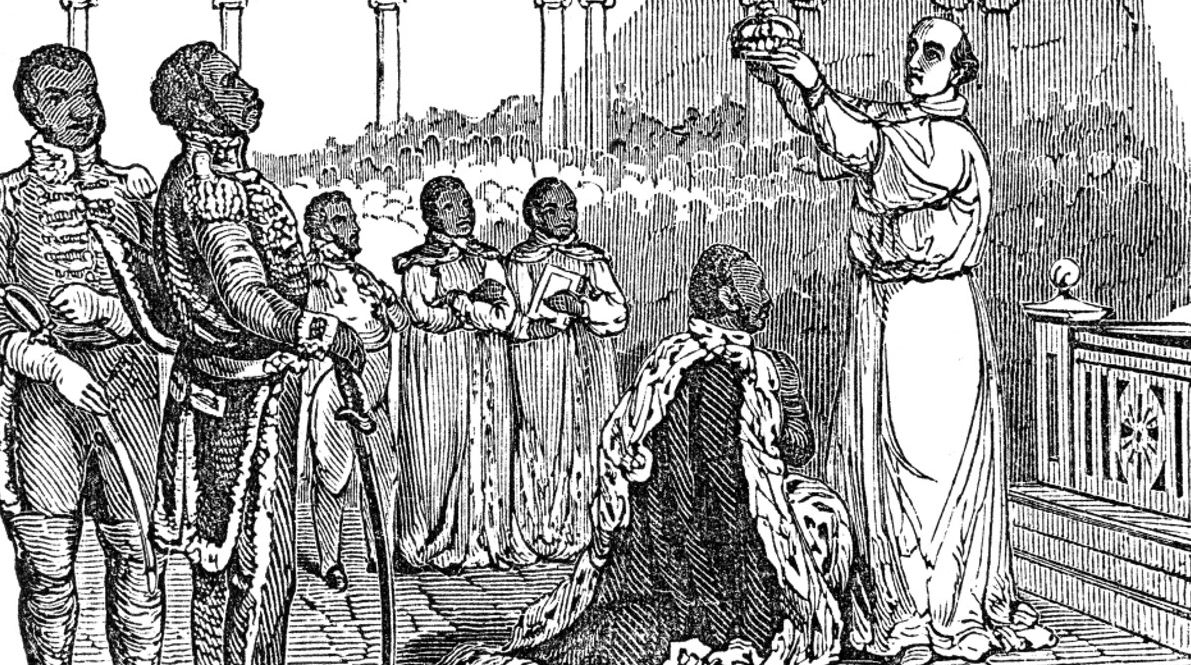
The Haitian Revolution wasn’t only a revolution in the French colony of Saint-Domingue; it was a revolution that reverberated across the Atlantic world. Within months of the initial slave insurgency in August 1791, Whites and Blacks around the Atlantic knew what had happened. As the insurrection led to the end of slavery and then developed into a revolution against French rule, people around the Atlantic paid attention. Some were horrified by what they read and heard, while others were excited and inspired.
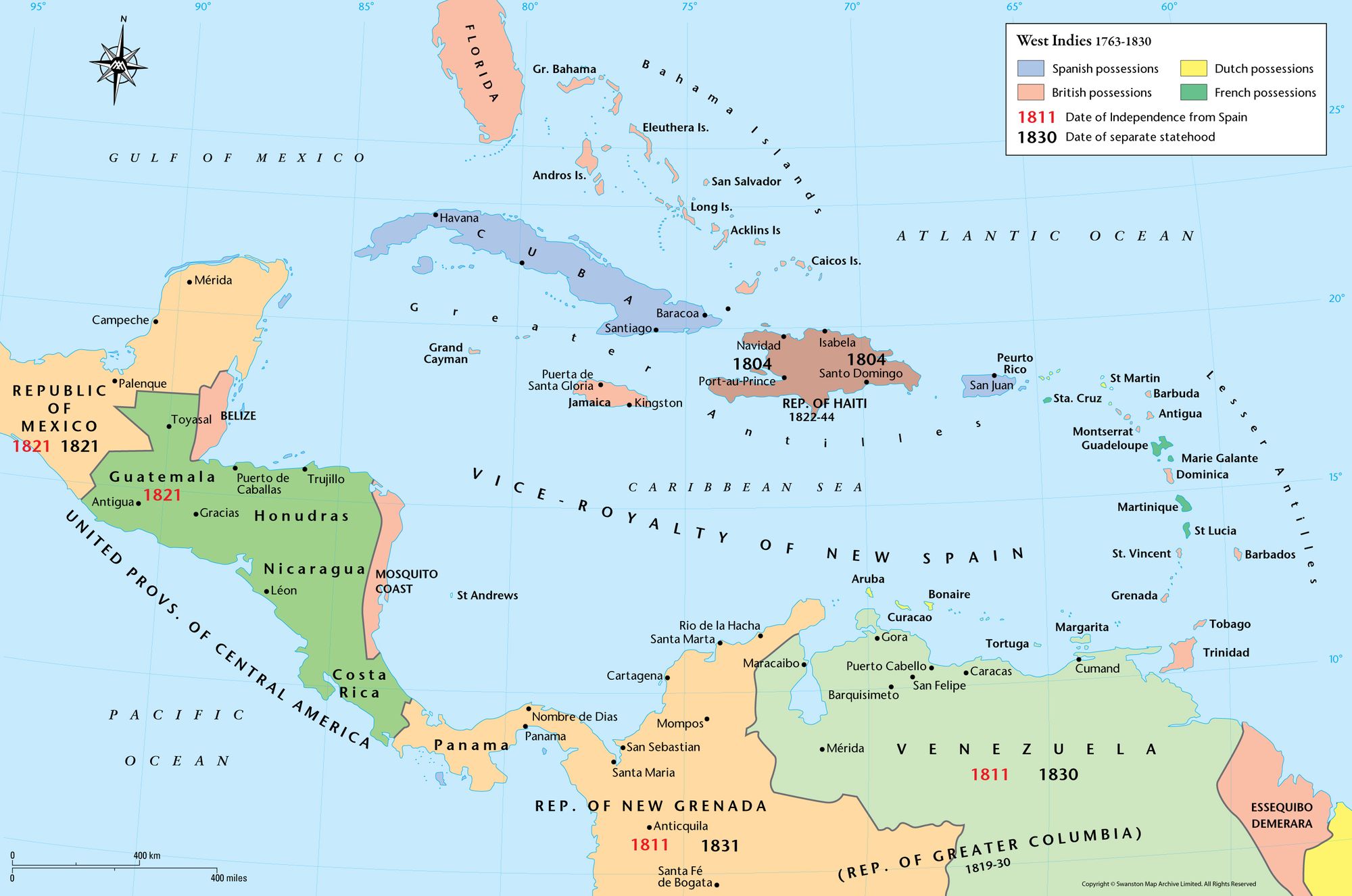
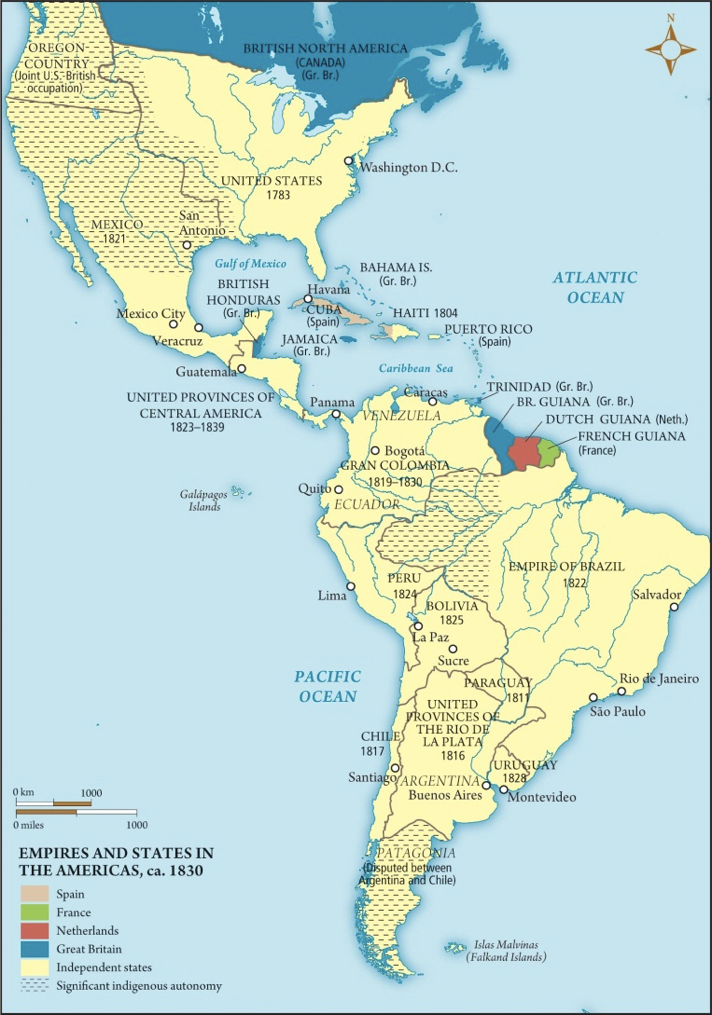
To help students understand why the Haitian Revolution was the most radical of the Atlantic Revolutions, we must highlight how the Haitian Revolution quickly and extensively influenced societies around the Atlantic. By exploring how Whites viewed the revolution, how Haitian government officials supported the broader abolition of slavery, and how the revolution inspired enslaved Africans in other parts of the Americas to revolt, students can see how the Haitian Revolution was arguably the most significant event in the late eighteenth and early nineteenth century Atlantic world.
Mostly White Fears
This content is for Paid Members
Unlock full access to Liberating Narratives and see the entire library of members-only content.
SubscribeAlready have an account? Log in

